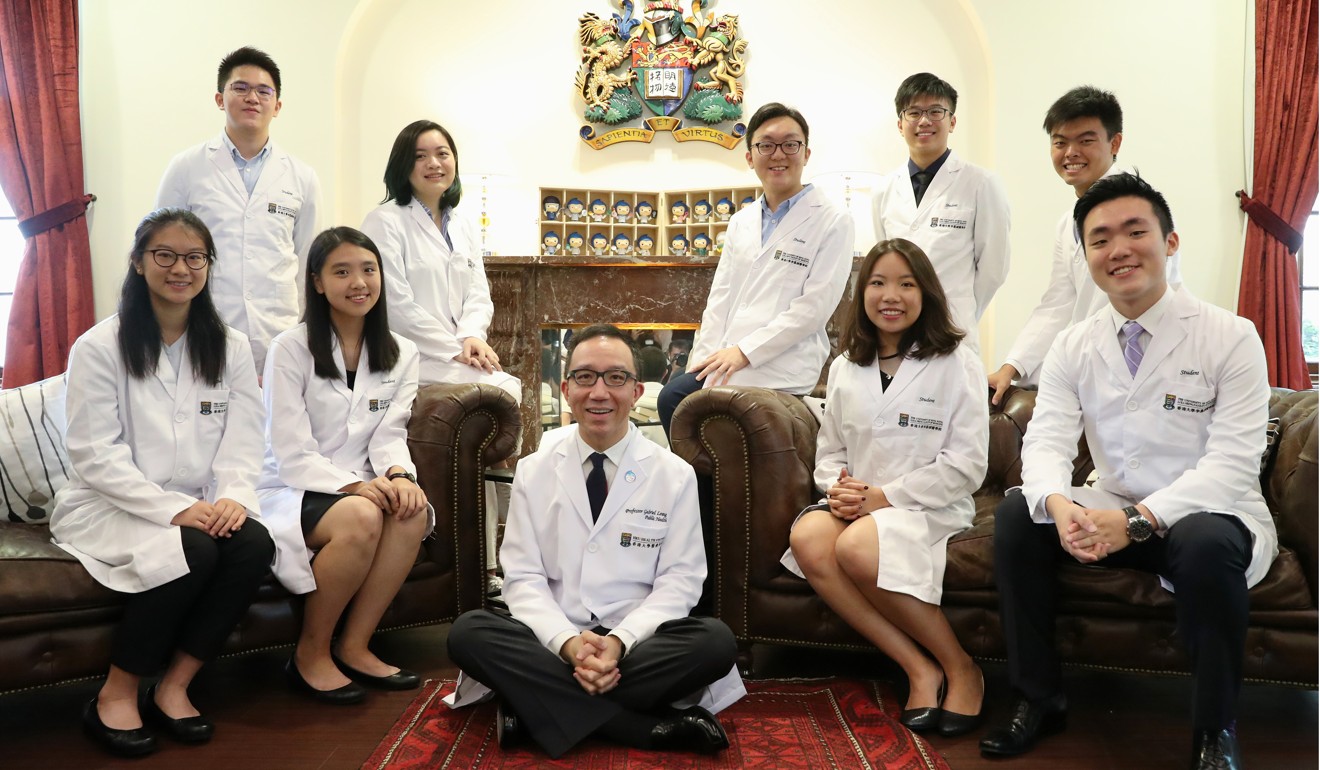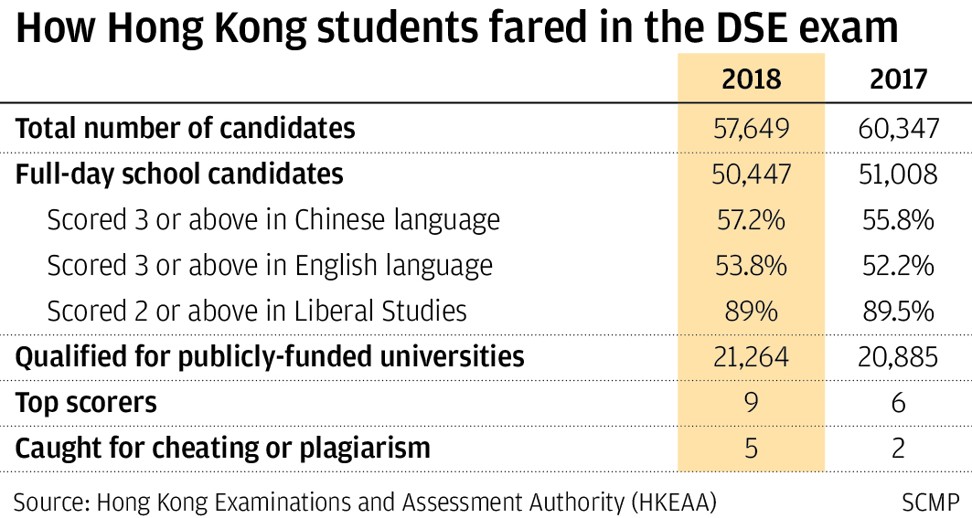
What Hong Kong’s university admissions say about social inequality, and the need for medical sector reform
Albert Cheng says the uproar over non-Jupas applicants taking up a large share of seats in prestigious courses such as medicine could be addressed by allowing doctors trained overseas to practise in Hong Kong, easing the competition for medical places here
The latest Joint University Programmes Admissions System (Jupas) results reflect this inequality. Jupas is the platform through which students with Hong Kong Diploma of Secondary Education (DSE) examination results apply for admission to local universities. DSE students are usually allocated the majority of places at universities, while non-Jupas students make up a small percentage.
However, in recent years, an increasing number of students in prestigious degree programmes, such as medicine, international business and law, are from the non-Jupas stream. Students who go to government-funded schools and take the DSE are increasingly pushed out of these fields.
This year, of the 15,000 publicly funded undergraduate degree places, 13,134 were granted to Jupas applicants. However, non-Jupas applicants claimed around 40 per cent of the sought-after programmes at the University of Hong Kong (HKU) and Chinese University. Forty-four per cent of those admitted to Chinese University’s medicine programme were non-Jupas applicants.
In fact, these prestigious programmes are very competitive; only students who score 31 points or above in the DSE are eligible. This year, the 687 eligible Jupas applicants were competing with more International Baccalaureate, IGCSE (International General Certificate of Secondary Education) and Advanced Placement exam-takers.
Non-Jupas students are mostly from international schools or private schools and the ones who were admitted to the most sought-after programmes are no doubt academically outstanding. They could apply to renowned schools around the world. However, if one wants to work as a doctor in Hong Kong, local universities remain the top choice as it is difficult to qualify to practise in the city after obtaining a medical degree overseas.
It is alarming to see Hong Kong universities contributing to widening social inequality
According to a media report, HKU’s Faculty of Medicine admitted 114 students from local schools, fewer than 50 per cent of the total intake, while 121 students were from international or private schools. The medical school has apparently failed to keep its promise of admitting 75 per cent of its students from Jupas. It is alarming to see Hong Kong universities contributing to widening social inequality.
To tackle the problem, Chief Executive Carrie Lam Cheng Yuet-ngor must address protectionism in the medical sector. The government should allocate more resources to public health services and also reduce the barriers to doctors trained overseas practising here. Hong Kong should welcome doctors from countries like the US and Britain, where medical graduates have undergone stringent training.
To balance public and professional interests, overseas practitioners should be required to work at public hospitals for the first three years before turning to private practice. This new system would ease the shortage of doctors and enable Hong Kong students from international or private schools to opt to study overseas.
This is a win-win solution to the problem of students from grass-root communities being crowded out of local universities.

However, the government is facing huge challenges even as it attempts to turn the situation around. HKU’s renowned Faculty of Medicine has nurtured numerous powerful people who influence policy. After secretary for health, welfare and food Yeoh Eng-kiong left the government, the city’s health care policy has favoured the private medical service in public hospitals. Doctors from HKU are earning millions, and ridiculously, non-specialist doctors are not required to undergo further study or continuous training. These doctors benefit from the protectionism in our medical system.
Meanwhile, pan-democrat politicians have been reluctant to push for medical reform as they fear the new system will draw in many doctors from the mainland. This has been another obstacle to reforming the public health care system.
In her upcoming policy address, Carrie Lam should put forward policies that address both health care and social inequality.
Albert Cheng King-hon is a political commentator. [email protected]


